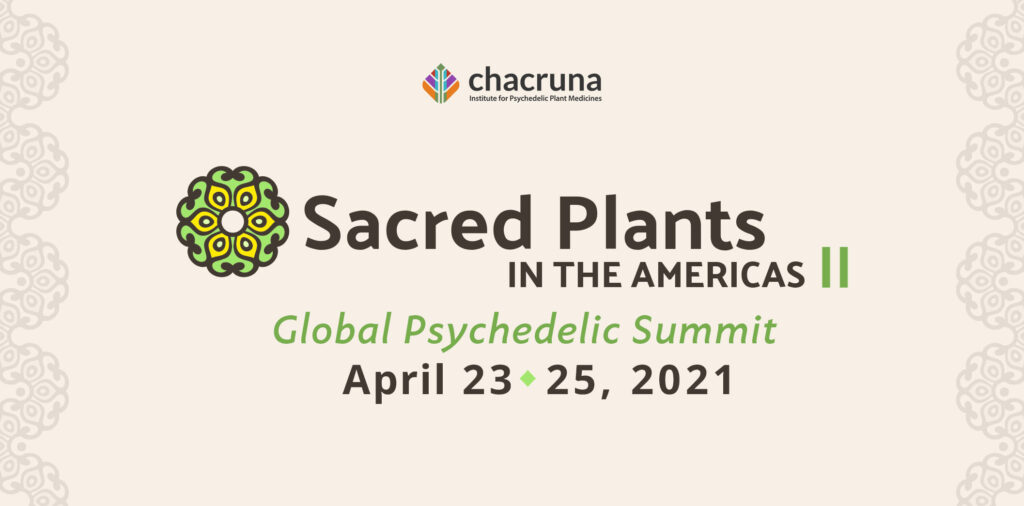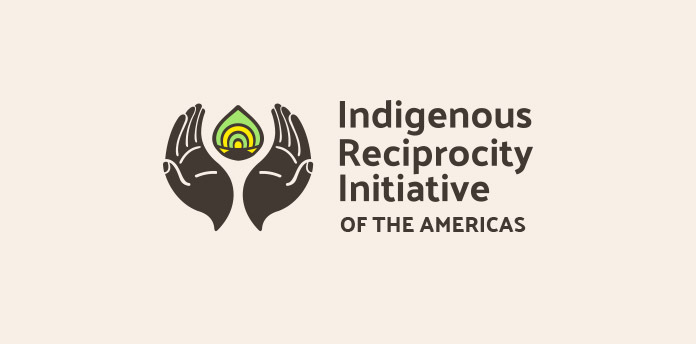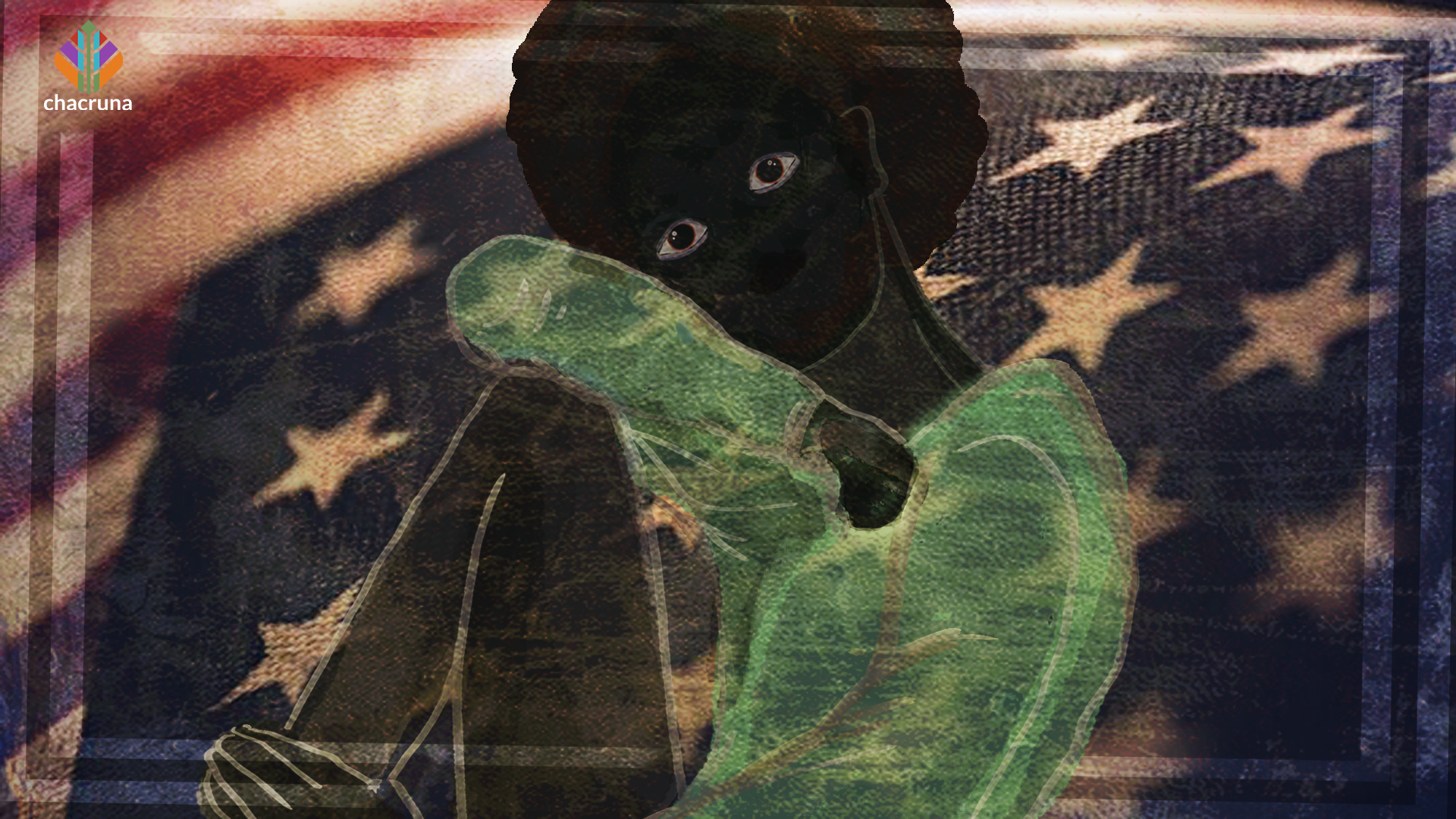- Is Psychedelic Medicine the Antidote to Anti-Black White Racism in the US? - January 18, 2021
Being Black in the US is to learn to live with persistent racial slights, slurs, insults and even violence. Racial mistreatment or microaggressions are subtle acts that can range from racial epithets, poor service in restaurants, verbal insults from random white people, to outright hate crimes and physical violence (DeAngelis, 2009). These daily events have real consequences for African Americans and with enough frequency can lead to racial trauma or race-based post-traumatic stress disorder (PTSD) (Williams et al., 2014). The Diagnostic and Statistical Manual of Mental Disorders (DSM-5) expanded its definition of PTSD to include not only direct exposure to physical or sexual violence (e.g., accidents, soldiers in combat, torture, child abuse and physical/sexual assault), but indirect exposure as well. The new DSM-5 diagnostic guidelines include a traumatic event (or trauma-inducing experiences) involving close family members and individuals repeatedly exposed to graphic details about trauma (Williams, 2013). The guidelines include police officers, reporters, and emergency medical technicians. These new provisions are more expansive and inclusive than the previous fourth edition manual and include detrimental cumulative effects of modern forms of anti-Black racism and bias.
This expanded definition of PTSD encompasses what clinicians were already seeing—African Americans live with higher rates of PTSD, as reported in the scientific literature (Carter et al, 2020; Williams, 2015). PTSD comes in many forms. Take for example, Darnella Frazier, a 17-year-old high school junior, whose distress was palpable when she caught on camera the egregious and callous murder of George Floyd at the hands of now-former Minneapolis police officer Derek Chauvin. During the eight minutes and forty-three seconds that Officer Chauvin kept his knee on Mr. Floyd’s neck, as Floyd initially cried out in distress and ultimately fell silent and unconscious, Frazier pleaded with the officer to check on his charge. The following day, her grief and trauma were on full display during an impromptu interview she gave at the scene of Floyd’s death.

Join us at Sacred Plants in the Americas II
Witnesses who have direct exposure to such tragedies are not the only ones impacted by traumatic scenes of death. And, sadly, the white racial history of brutality around Floyd’s death is not new (Smith, 2020). For centuries, unarmed Black men and women in the US have died at the hands of those sworn “to serve and protect” the public. The Floyd murder was different, in that the video finally caught the attention of the collective consciousness of many white people. But research conducted by Harvard sociology professor David R. Williams and colleagues suggests this trauma is chronic for Black Americans. They looked at police killings of unarmed Black males and found worsened mental health for the entire black community within the state of the incident. The perceptions that these shootings are unjustified and unfair seems to provoke a PTSD response within Black people that lasted at least three months (Bor et al., 2018). These symptoms may include labile moods, intrusive thoughts, sleep disturbance, nightmares, flashbacks, lack of pleasure, and disassociation.
But such an extremely traumatic event need not occur to induce Black suffering. Indeed, living with white racism and discrimination can lead to poorer physical and mental health, directly and indirectly, personally and institutionally; all equally destructive. Institutional racism is ever more omnipresent in the midst of the COVID-19 pandemic. Glaring inequities in healthcare have directly led to the disproportionate deaths of Black and brown people compared to their white counterparts. Meanwhile, everyday racial mistreatment contributes to a perception of “traumatization,” in which stigmatized Black Americans can also develop symptoms associated with PTSD.
For example, Black professionals encounter daily microaggressions in predominately white work settings that can lead to PTSD. They are especially targeted by superordinate whites (oftentimes white women) in leadership roles who are blind to their own privilege. In turn, they end up fighting for the same opportunity to compete for jobs in a white man’s world as other marginalized populations. In these spaces, many Black people feel like the “odd” person out and are given the impression (in language and action) they do not belong and that Black lives do not matter. Many internalize these permeating anti-Black messages trumpeted by elite white men and their descendants for the past 400 years with consequences for Black mental wellness. African Americans have long grappled with centuries-old white racist ideology, negative assumptions, and pathological stereotypes that call into question Black people’s right to exist as fully human. Persistent white racist ideas that routinely question the worth of an individual or social group can exact an enormous toll on the brain, mind, and body of targets. With enough frequency, these shame-based thoughts can also lead to racial traumatization and symptoms of PTSD.
PTSD is generally treated fairly effectively with SSRIs (selective serotonin reuptake inhibitors) that increase monoamine neurotransmitter activity inside the brain important for mood regulation. However, these medications are not without black box warnings and other adverse side effects. Additionally, they take weeks to months to exert full therapeutic benefit. Still, there are a number of people with treatment-resistant depression for whom medications do not work.

Discover Indigenous Reciprocity Iniciative of the Americas
Psychedelic medicine is an emerging field of study that examines the psychotherapeutic effects of hallucinogens (e.g., psilocybin, LSD, MDMA, ketamine) on the human mind. Clinical research investigates psychopharmacological safety and efficacy of these novel treatments for mood dysregulation disorders like depression, anxiety, and other symptoms related to PTSD. Ketamine hydrochloride is one potential treatment option. Originally developed in the 1960s as a general anesthetic, ketamine works quickly in the bloodstream, producing a psychedelic experience in sub-anesthetic doses. One small, open-label, proof-of-trial study examined oral ketamine in 14 participants in hospice care with symptoms of depression and anxiety. The study was conducted over a 28-day period and found that daily oral ketamine had a positive response rate in reducing symptoms related to end-of-life decisions (Irwin et al., 2013). Additionally, research into 3,4-methylenedioxymethamphetamine (MDMA) has likewise shown promise in helping individuals overcome the debilitating symptoms of treatment-resistant depression. The FDA designated MDMA as “breakthrough therapy,” signaling that this treatment has advantages in safety, efficacy, and compliance over available medication for PTSD (Mithoefer, 2015).
Plant medicines, including psychedelics, have been in use for thousands of years in different rituals and ceremonies, from Indigenous healers in the Americas to religious rituals in Africa. In fact, psychedelics were also in use during the transatlantic slave trade as a buffer against the atrocities the slaves faced on the long voyage to the Americas. Before it was banned in the 1970s by the Nixon administration, the National Institute of Health funded more than 130 clinical trials in search of its efficacy. Only in the past 20 years has there been a resurgence in psychedelic research in health and medicine, led by the Johns Hopkins School of Medicine, which has demonstrated benefit in treating mental health disorders, particularly treatment-resistant depression, anxiety, PTSD, and substance abuse. The recent opening of Johns Hopkins Center for Psychedelic and Consciousness Research indicates an intent to dive deeper into “how psychedelics affect behavior, mood, cognition, brain function, and biological markers of health” (Johns Hopkins, n.d.)
Unfortunately, there is a significant dearth of African Americans and other Americans of color participating in FDA phase clinical trials with psychedelic substances (Michaels et al, 2018). White people make up the bulk of enrollees in this type of clinical research, so we do not (as of yet) have good representative samples from various groups. In a paper to be published by Halstead and colleagues, they explored to use of ketamine-assisted therapy in one Black woman suffering ongoing symptoms after experiencing discrimination and mistreatment in the workplace. The accumulation of a lifetime spent living with white supremacy and the conditions of her life as a victim of childhood trauma also led to PTSD. In this case study, the client was able to improve her symptoms with the use of oral ketamine and a culturally-sensitive therapist trained to address and acknowledge that racism is real. But, without concerned efforts on the part of research institutions to recruit participants of color in these important studies, the data is incomplete.
Putting African Americans at a greater disadvantage is their justifiable skepticism of Western medicine’s intentions, given its history of “scientific” racism against unwitting Black bodies. African Americans have higher levels of mistrust of the healthcare system, including mental health services, research participation, medication adherence, and various counseling interventions. Medicine’s dastardly conduct is a primary factor in widespread vaccine hesitancy against COVID-19 in the Black community across the country (Doubek & Greene, 2020). More can be done by research establishments to ameliorate the great injustices done to Black people throughout the world in the name of science. They must double down on efforts toward more funding, recruitment, and retention of participants of color; and, over time, perhaps the restoration of trust in the scientific community.
Research has demonstrated the hazardous effects of racism and how accumulations of everyday microaggressions can lead to racial trauma, triggering flashbacks, nightmares, and mood instability. Plant medicine could serve a significant purpose in rehabilitating the Black psyche, scarred by generations of mundane discrimination and continued racial subjugation. Dr. Monnica Williams has suggested a culturally-informed psychedelic-assisted therapy to treat race-based trauma, (Williams et al., 2020) which is one recommendation needed to move the needle forward toward using these substances in an evidence-based and responsible manner; ultimately, with the goal to improve both physical and mental health for peoples routinely victimized by systemic white racism.
Sign up to our Newsletter:
And perhaps white people would also benefit from race-based interventions, where whiteness is the focal point of their psychedelic experience. These sessions would be intentional, focusing on addressing interpersonal racial bias (whether conscious or unconscious) and how bias manifests in society, particularly at the individual level. If done properly, white people should realize appreciable increases in empathy, as research suggests, for those unlike themselves, and they might gain greater insight into the workings of being white. Indeed, the beginnings of that egoic transformation toward racial awareness for some white Americans could possibly be led by organizations like Chacruna. Psychedelic substances could be used to engender more empathy for those whites bold enough to unlearn their interpersonal racial biases. If successful, this approach to cultural sensitivity and understanding might bring about more racial justice and inclusion for Black, Indigenous and other people of color.
References
Bor, J., Venkataramani, A. S., Williams, D. R., & Tsai, A. C. (2018). Police killings and their spillover effects on the mental health of Black Americans: A population-based, quasi-experimental study. The Lancet, 392(10144), 302–310.
Carter, R. T., Kirkinis, K., & Johnson, V. E. (2020). Relationships between trauma symptoms and race-based traumatic stress. Traumatology, 26(1), 11.
DeAngelis, T. (2009). Unmasking “racial microaggressions.” American Psychological Association, 40(2), 42. https://www.apa.org/monitor/2009/02/microaggression
Doubek, J & Greene, D. (2020, November 24). Black people are more hesitant about a vaccine: A leading nurse wants to change that (Podcast). National Public Radio. https://www.npr.org/sections/coronavirus-live-updates/2020/11/24/938440381/black-people-are-more-hesitant-about-a-vaccine-a-leading-nurse-wants-to-change-t
Irwin, S. A., Iglewicz, A., Nelesen, R. A., Lo, J. Y., Carr, C. H., Romero, S. D., & Lloyd, L. S. (2013). Daily oral ketamine for the treatment of depression and anxiety in patients receiving hospice care: A 28-day open-label proof-of-concept trial. Journal of Palliative Medicine, 16(8), 958–965.
John Hopkins Center for Psychedelic & Consciousness Research. (n.d.). https://hopkinspsychedelic.org/
Michaels, T. I., Purdon, J., Collins, A., & Williams, M. T. (2018). Inclusion of people of color in psychedelic-assisted psychotherapy: A review of the literature. BMC psychiatry, 18(1), 245.
Mithoefer, M. C. (2015, August). A manual for MDMA-assisted psychotherapy in the treatment of posttraumatic stress disorder, Version 7: 19. Santa Cruz, CA: Multidisciplinary Association for Psychedelic Studies (MAPS). https://maps. org/research-archive/mdma/MDMA-Assisted-PsychotherapyTreatment-Manual-Version7-19Aug15-FINAL.pdf
Smith, D. (2020, July 15). Do white adopting parents understand that racial ignorance could spell trauma for Black adoptees. Medium. https://medium.com/@darronsmith/do-white-adopting-parents-understand-that-racial-ignorance-could-spell-trauma-for-black-adoptees-a3562e81ef8c
Williams, M. (2013, May 20). Can racism Cause PTSD? Implications for DSM-5. Psychology Today. https://www.psychologytoday.com/us/blog/culturally-speaking/201305/can-racism-cause-ptsd-implications-dsm-5
Williams, M (2015, September 6). The link between racism and PTSD. Psychology Today. https://www.psychologytoday.com/us/blog/culturally-speaking/201509/the-link-between-racism-and-ptsd
Williams, M. T., Malcoun, E., Sawyer, B. A., Davis, D. M., Nouri, L. B., & Bruce, S. L. (2014). Cultural adaptations of prolonged exposure therapy for treatment and prevention of posttraumatic stress disorder in African Americans. Behavioral Sciences, 4(2), 102–124.
Williams, M. T., Reed, S., & Aggarwal, R. (2020). Culturally-informed research design issues in a study for MDMA-assisted psychotherapy for posttraumatic stress disorder. Journal of Psychedelic Studies 4(1), 40–50.
Art by Mariom Luna.
Take a minute to browse our stock:
Did you enjoy reading this article?
Please support Chacruna's work by donating to us. We are an independent organization and we offer free education and advocacy for psychedelic plant medicines. We are a team of dedicated volunteers!
Can you help Chacruna advance cultural understanding around these substances?
















